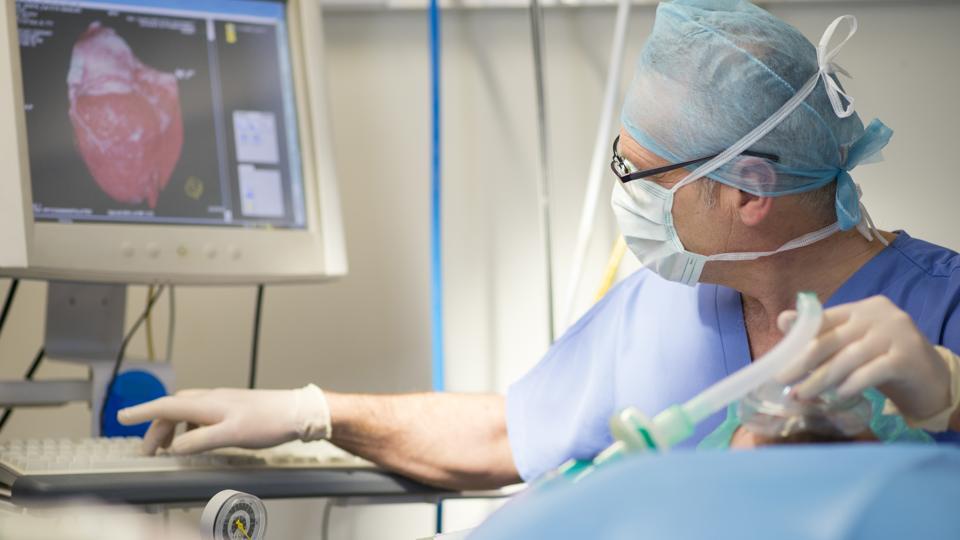Pacemaker for heart, study suggests leadless variant better than transvenous one

Good news for heart patients. If you want to keep your heart healthy, you should opt for leadless pacemakers over the conventional transvenous variants. While you can you avoid heart attack and stroke risk by following a disciplined exercise and diet routine to keep ensure a healthy heart, you need to be careful with the pacemaker variant you choose after a heart attack. According to a new study, heart patients who opt for leadless pacemakers are likely to have lesser short-term and mid-term complications than those with transvenous pacemakers. Approximately a million pacemakers are annually implanted in patients to provide electrical stimulation to regulate heartbeat. Conventional pacemakers are surgically placed under the skin of patient’s chest stretching from the shoulder vein and attaching to the heart. The wires and surgery lead to complications in the patient.
Leadless pacemakers, on the other hand, don’t have any wires and are ten times smaller than the transvenous ones. They are placed directly into the heart using a catheter passed through the femoral vein in the leg. A study compared short- and mid-term complications between 718 patients receiving the Nanostim leadless pacemaker and 1,436 patients with conventional (transvenous) pacemakers.
It was found that patients receiving one type of leadless pacemaker (Nanostim) overall had fewer complications (5.8% vs. 9.4%). Leadless pacemakers completely eliminated lead and pocket complications, including infection. By comparison, complications among traditional pacemaker recipients included lead complications (3.62%), pocket complications (0.42%) and infection (1.74%). There were no significant differences between the groups in regard to rates of vascular complications, electrode dislodgement and generator complications.
[“source=hindustantimes”]


